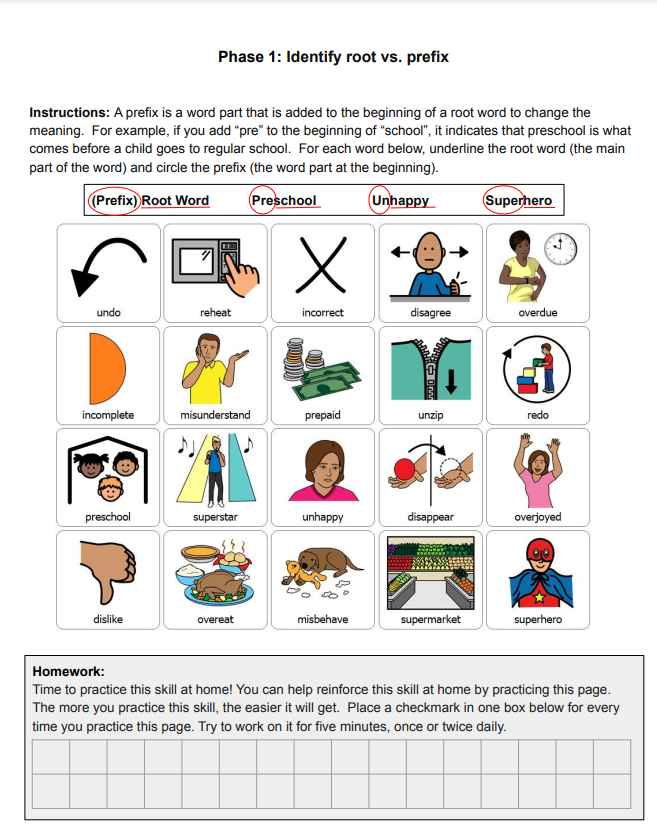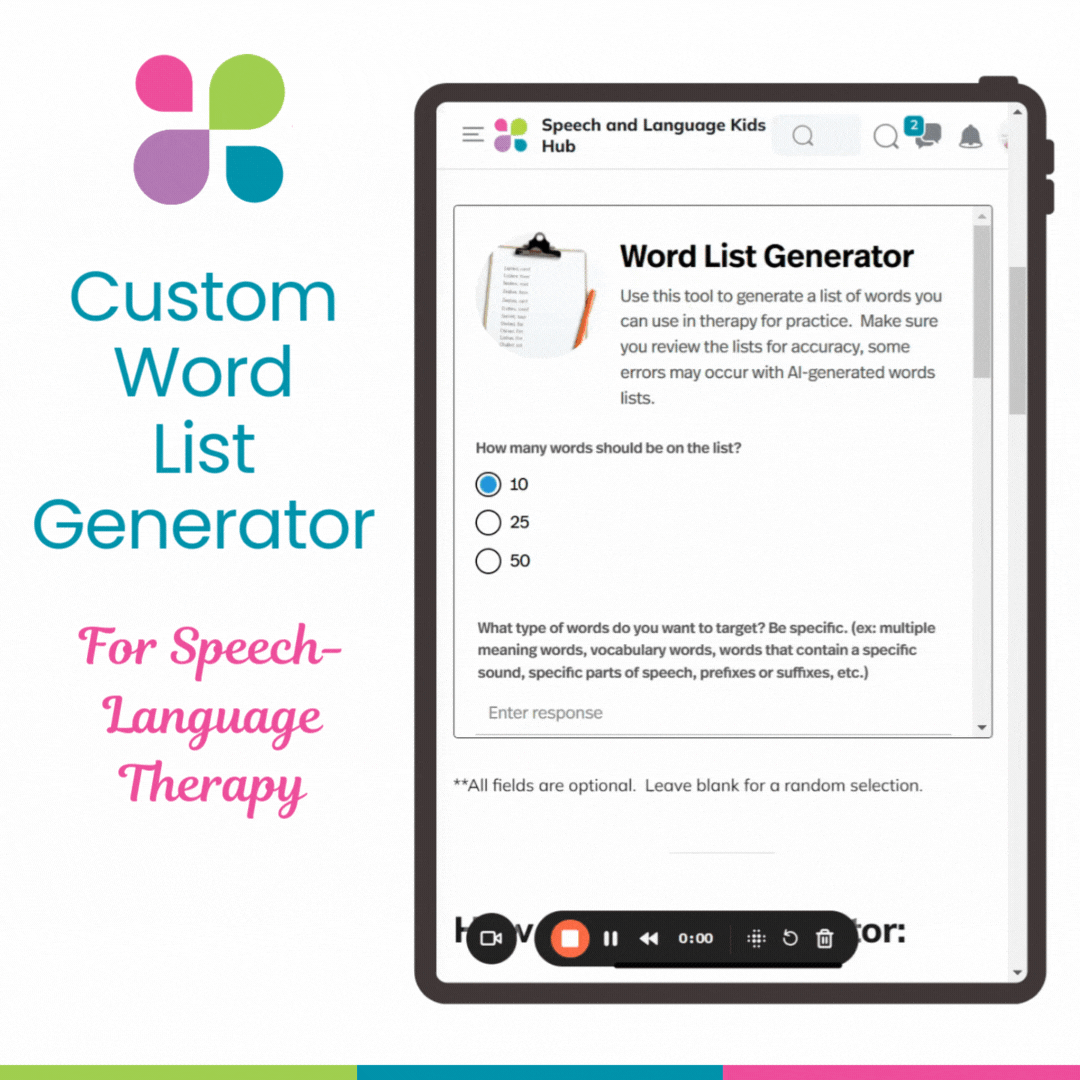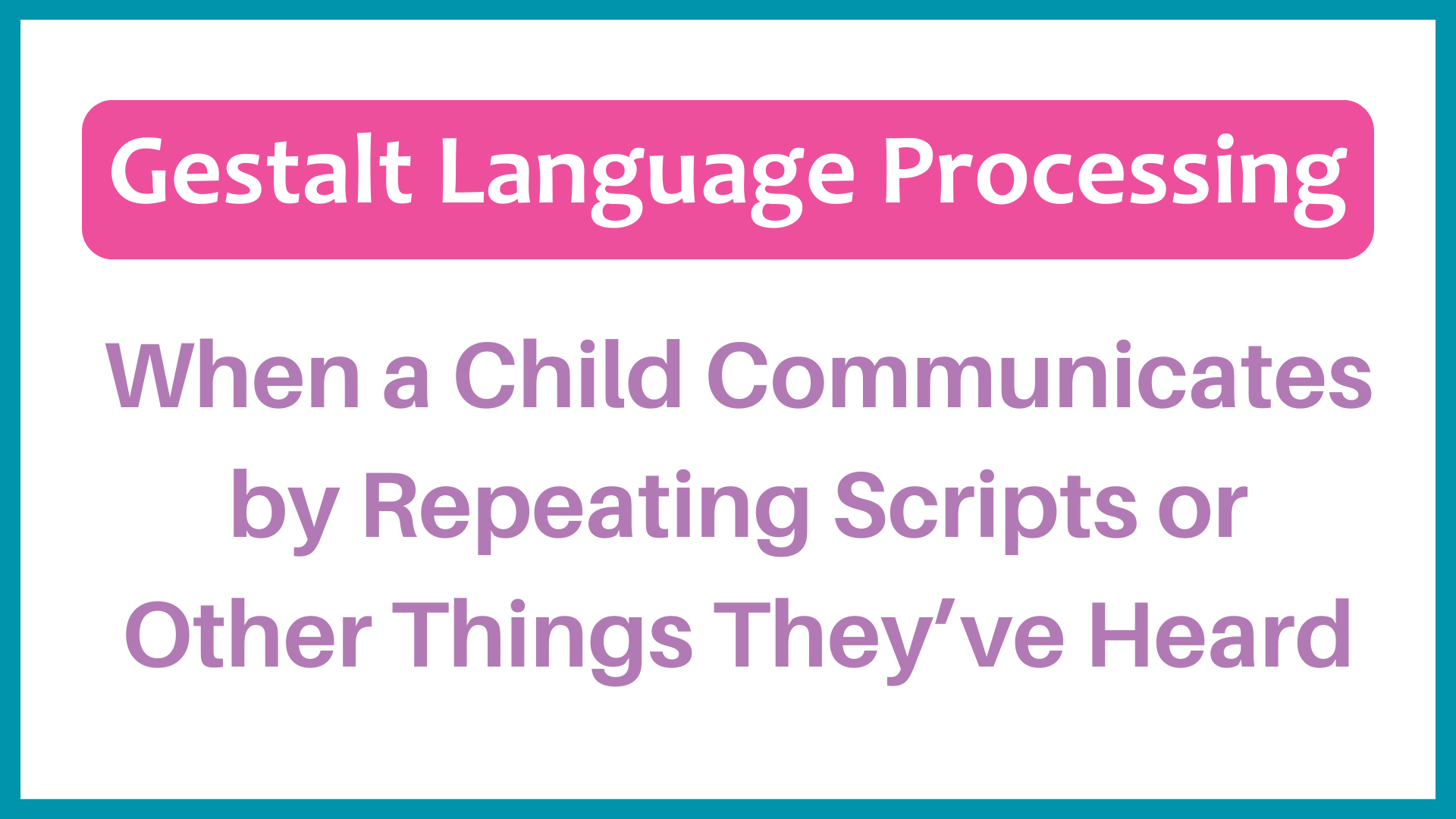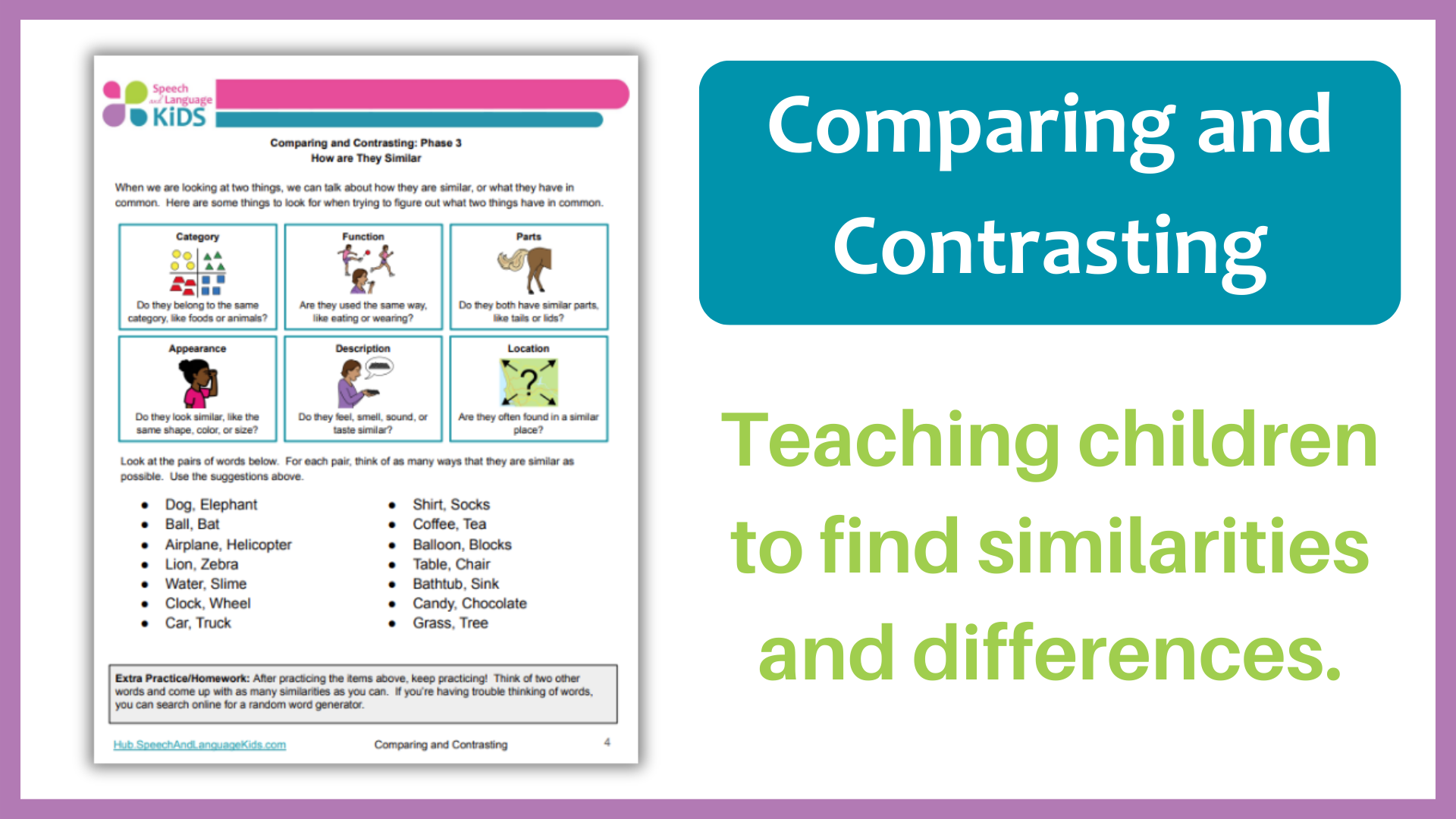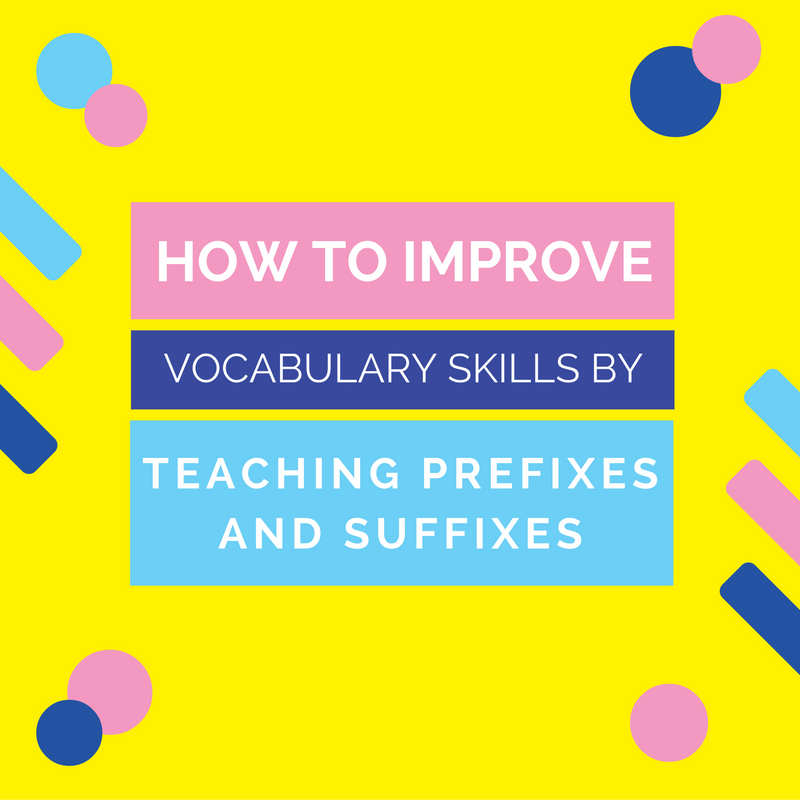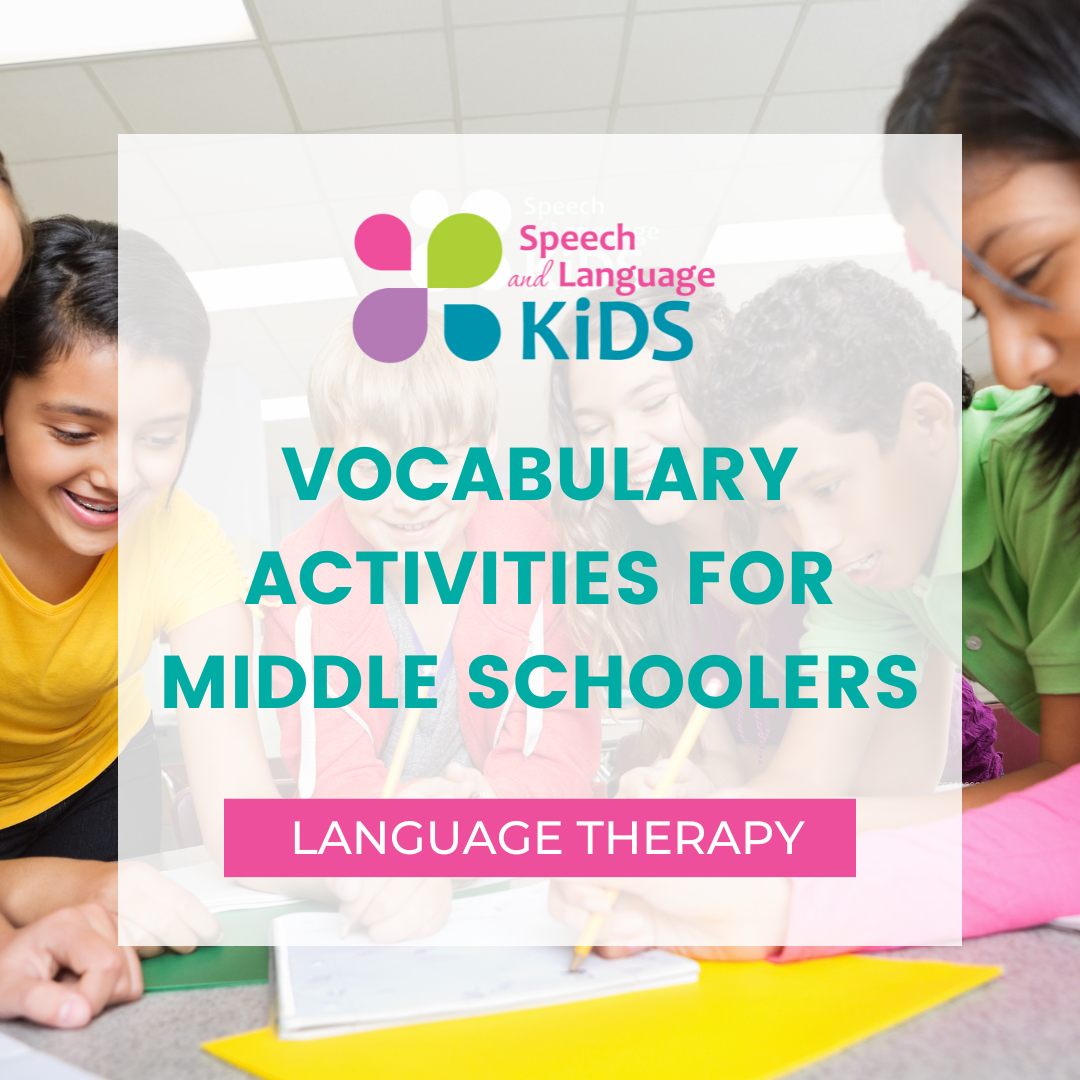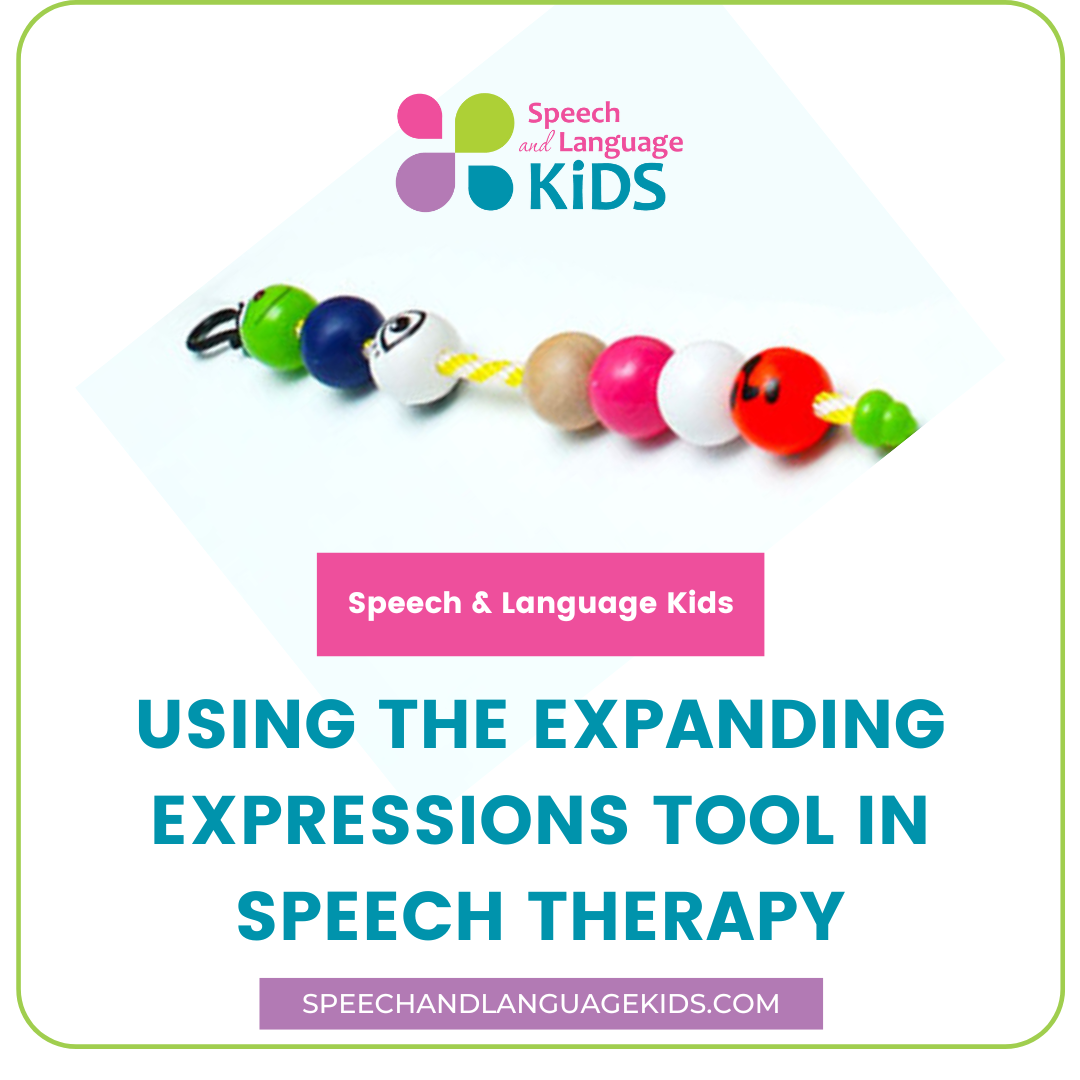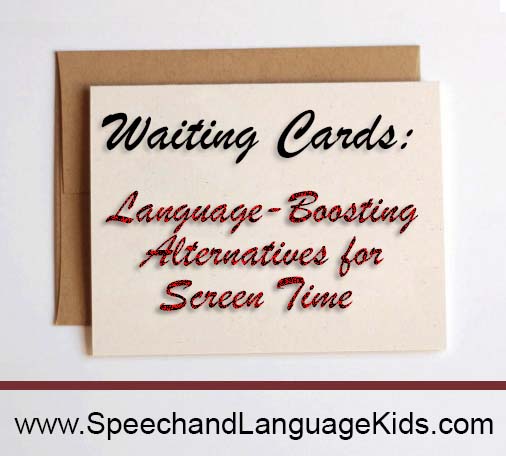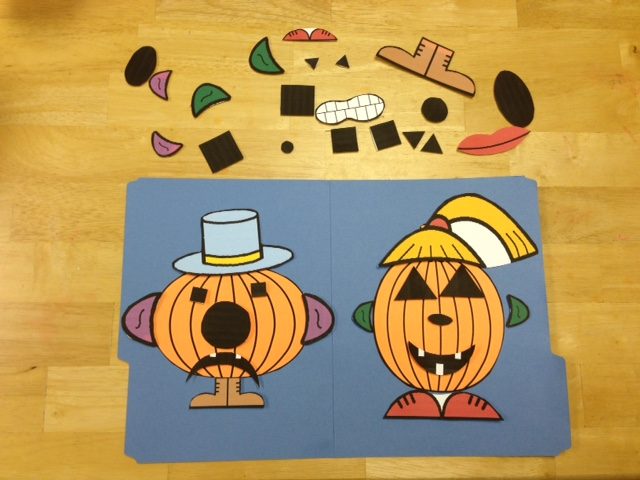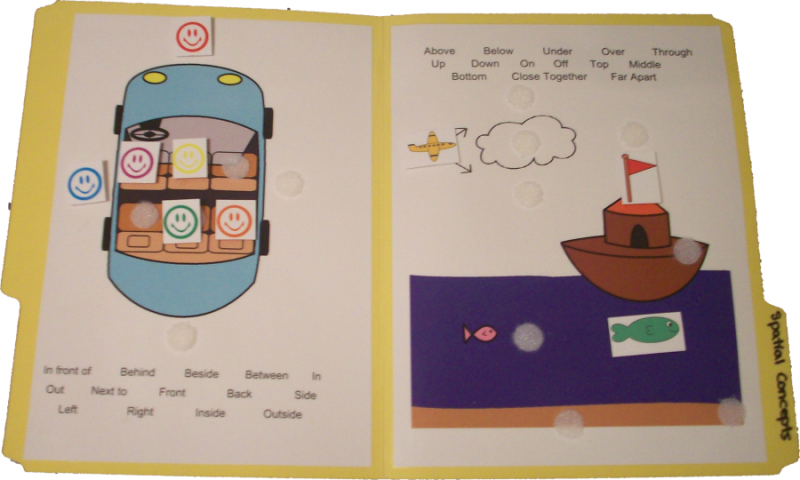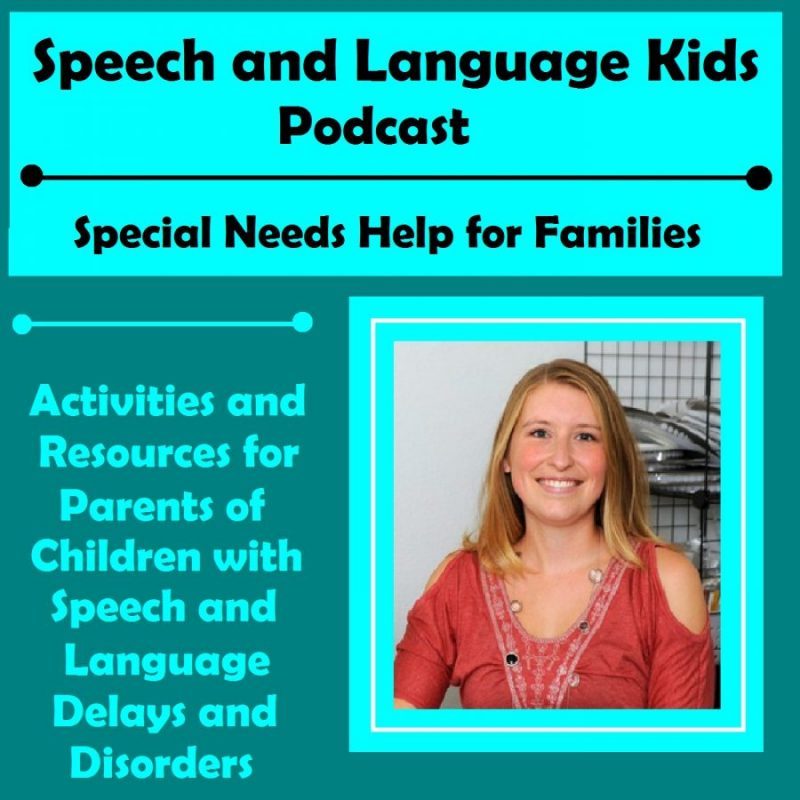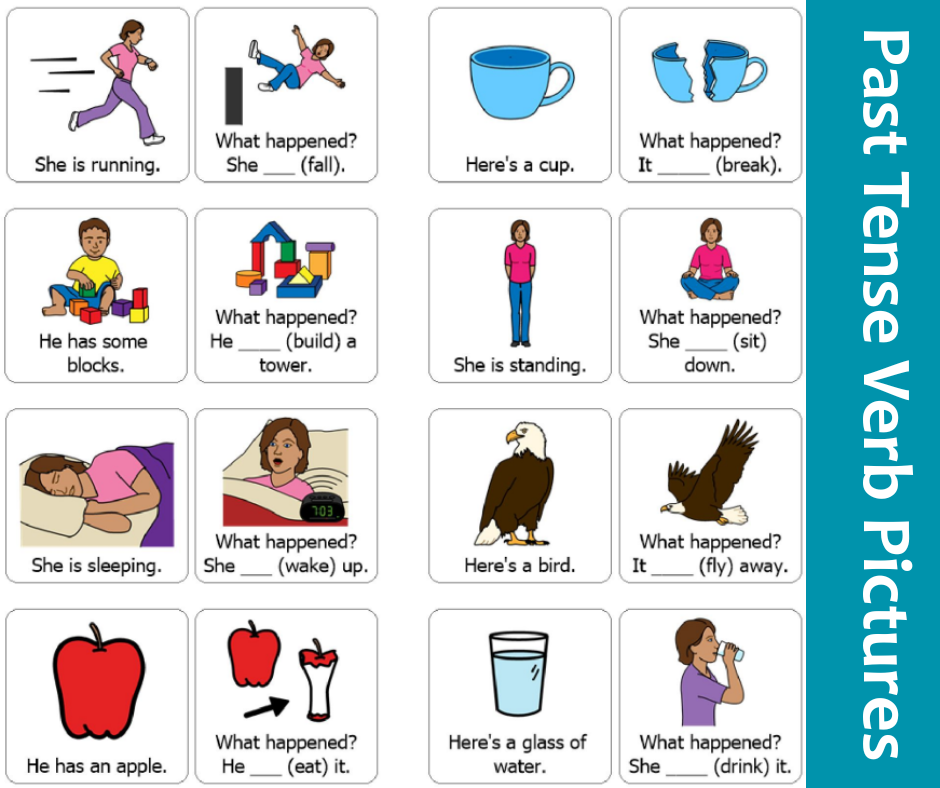Vocabulary Activities for Speech Therapy | Pre-Made Lessons
A strong vocabulary is essential for effective communication, reading comprehension, and academic success.
We can help children and teens boost their vocabulary skills through speech therapy activities and lessons.
On this page, we’ll show you how to boost vocabulary skills for children with language delays. We’ll also show you how to access our Vocabulary Curriculum that provides a structured program for teaching vocabulary skills in a systematic manner.
What are the Different Types of Vocabulary?
Vocabulary refers to all of the words that we know. There are four different types of vocabulary:
1. Listening Vocabulary: Words you understand if you hear someone else say them.
2. Speaking Vocabulary: Words you are able to use during conversational speech. These are words you have easy access to.
3. Reading Vocabulary: Words that you understand if you read them in a text.
4. Writing Vocabulary: Words that you are able to use in writing to tell about something or elaborate on a point.
In speech pathology, we also often talk about receptive and expressive vocabularies. Expressive vocabularies would be anything you can say/use. For example, if someone shows you the picture of something you can name it and if someone asks you what something is called you can come up with the word. Receptive vocabulary would include any word that you understand. For example, if someone says “point to the picture of the baboon”, you could find that from some choices.
How to Work on Vocabulary in Speech/Language Therapy:
When a child or teen is struggling with vocabulary skills, we can use speech/language therapy strategies to systematically teach them new words.
However, we can’t possibly teach a child every word they’ll ever need to know.
As a child gets older, we begin to teach them vocabulary-learning skills that will help them acquire new vocabulary words as they grow.
This shift from teaching specific words to teaching word learning strategies is key to overall vocabulary success.
Here are the three different levels or stages we can use in speech/language therapy when working on vocabulary:
Beginner Level:
Building a Core Vocabulary
(Ages 1-2.5 yrs and beyond)
- Building a Vocabulary of the First 50 Words
- Producing 2-Word Combinations
- Expanding Vocabulary of Nouns
Intermediate Level:
Increasing Word Knowledge and Usage
(Ages 2-6 yrs and beyond)
- Spatial Concepts
- Adjectives
- Comparing and Contrasting
- Temporal Concepts
- Quantitative Concepts
Advanced Level:
Academic Vocabulary and Independent Word Learning
(Ages 5-12 yrs and beyond)
- Understand and Use Multiple Meaning Words
- Understand and Use Antonyms and Synonyms
- Using Affixes (Prefixes and Suffixes) and Roots to Decode Unknown Words
- Other Word Attack and Word Learning Strategies as Appropriate
These levels come from our Vocabulary Curriculum, pictured below:
How Many Words Should a Child Know?
According to the Linguisystems Milestones Guide, children should have the following number of words in their expressive vocabularies. Keep in mind that these are estimates so if your child is close, don’t worry about it. It’s only when a child is far from knowing this many words that we should begin addressing the issue.
Age ~ Approximate Words in Expressive Vocabulary
12 mos ~ 2-6 words
15 mos ~ 10
18 mos ~ 50
24 mos ~ 200-300
30 mos ~ 450
3 years ~ 1,000
4 years ~ 1,600
5 years ~ 2,200-2,500
6 years ~ 2,600-7,000
12 years ~ 50,000 (Wow!)
Speech Therapy for Vocabulary Skills:
These resources will give you some guides on teaching new vocabulary words:
How to Expand the Vocabularies of Young Children
How to Teach New Vocabulary Words
Using a Word Web to Expand Vocabulary
I also have an e-book that has detailed lesson plans, sample goals, data collection, activities, handouts, and worksheets for 39 different speech and language skills, including many resources for vocabulary. It’s a great overview of how to teach a variety of topics related to speech and language:
Speech and Language Therapy Guide E-Book
How to Teach a Child Any New Skill By Fading Supports
Using Themes to Build Vocabulary
Many children benefit from learning new vocabulary words based on a certain theme. By doing several activities around the same theme, you are giving the child multiple exposures to those words as well as building upon previous knowledge that they have of the topic to learn new words (scaffolding). This page will give you a ton of fun themed activities that you can use to build vocabulary:
A Structured Curriculum for Vocabulary Skills:
Our Vocabulary Curriculum goes beyond one-off activities to provide you with a comprehensive approach to teaching vocabulary skills to children and teens.
This program has everything you need so it’s perfect for use in speech/language therapy sessions, the classroom, or at home.
A subscription to the SLK Curriculum includes the lessons and activities for all areas of communication (including vocabulary) and also comes with access to our courses, discussion board, live events, and our AI-powered material generators.
Browse All Vocabulary Articles:

About the Author: Carrie Clark, MA CCC-SLP
Hi, I’m Carrie! I’m a speech-language pathologist from Columbia, Missouri, USA. I’ve worked with children and teenagers of all ages in schools, preschools, and even my own private practice. I love digging through the research on speech and language topics and breaking it down into step-by-step plans for my followers.
Fun Fact: My son once brought the cushion off our rocking chair for show and tell at his preschool. True story! Not sure what he told the other kids but when my husband went to pick him up that day, the other kids were asking him where he bought it.
Connect with Me:

